The fusion of artificial intelligence (AI) and blockchain is emerging as one of the hottest trends in tech investing. As Big Tech firms like Alphabet, Microsoft, and Amazon dominate the AI space, the crypto industry is pushing for decentralized alternatives that address concerns around data ownership and centralized power.
Venture capitalists are backing this vision with nearly $917 million already invested in decentralized AI projects, according to startup data platform Tracxn. Blockchain firm Theta Capital described this convergence as “the new meta,” emphasizing how crypto wallets and token networks can support autonomous AI agents, financial participation, and decentralized infrastructure.
Hack VC, a leading blockchain venture firm, has allocated 41% of its latest fund to Web3 AI startups. Its managing partner, Alex Pack, calls it "the biggest source of alpha in investing today." One of its key investments, Grass, rewards users for sharing unused internet bandwidth to build peer-to-peer AI networks—offering an ethical alternative to the data-scraping practices of major tech companies.
Still, risks remain. Critics fear that decentralized AI could automate the worst of internet behavior—spam, misinformation, and meme coin scams. Yet, blockchain-based solutions like proof-of-humanity and micropayment barriers offer promising ways to mitigate these concerns.
Olaf Carlson-Wee of Polychain Capital believes AI will eventually outperform humans in financial markets, not through conflict but consensus. “The AI takeover won’t be a war we lose—it will be a suggestion we agree to,” he said.
As crypto and AI evolve together, they may redefine the digital economy by shifting control from centralized entities to open, permissionless systems. The question isn’t whether this will happen—but how fast.













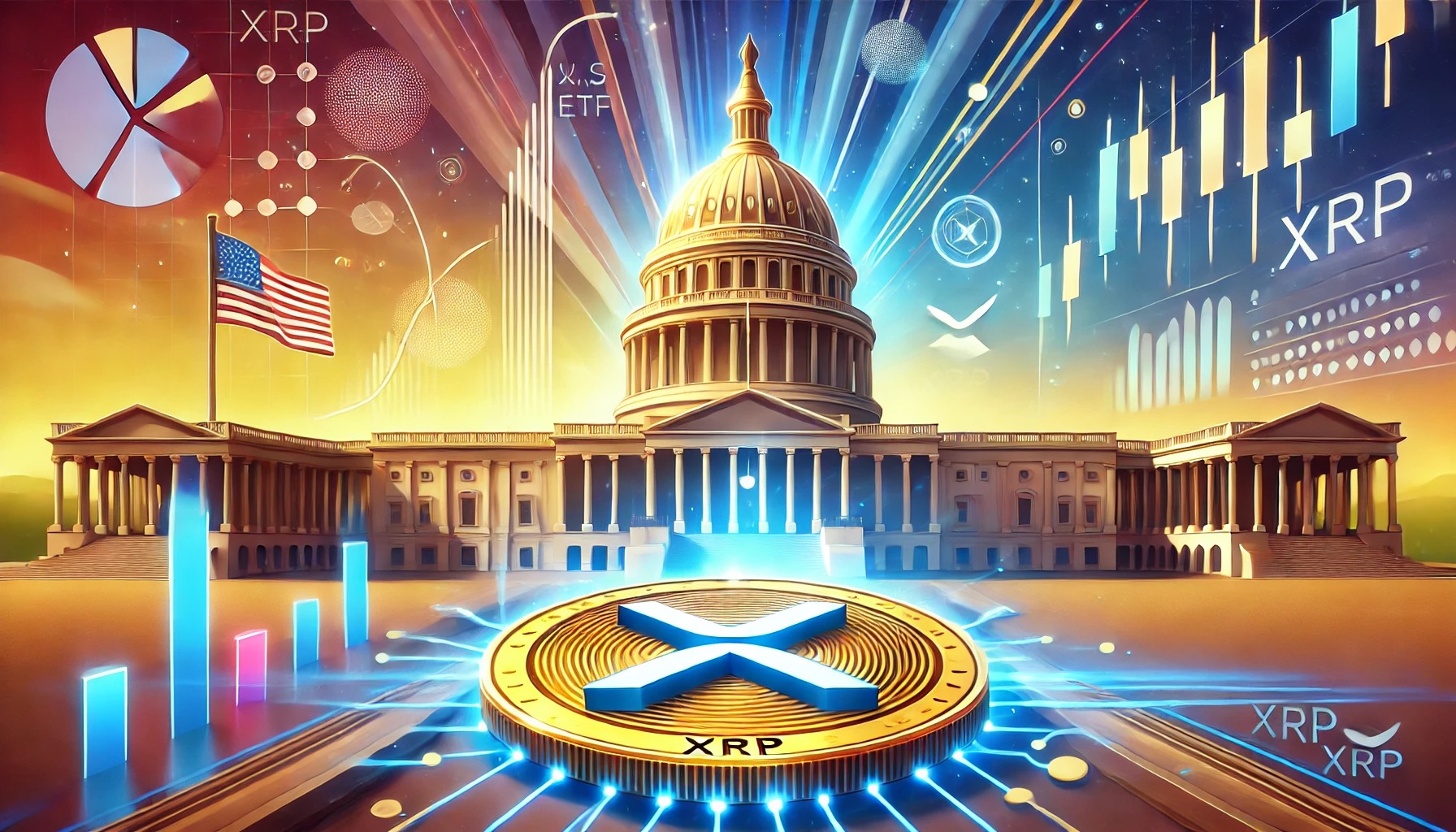

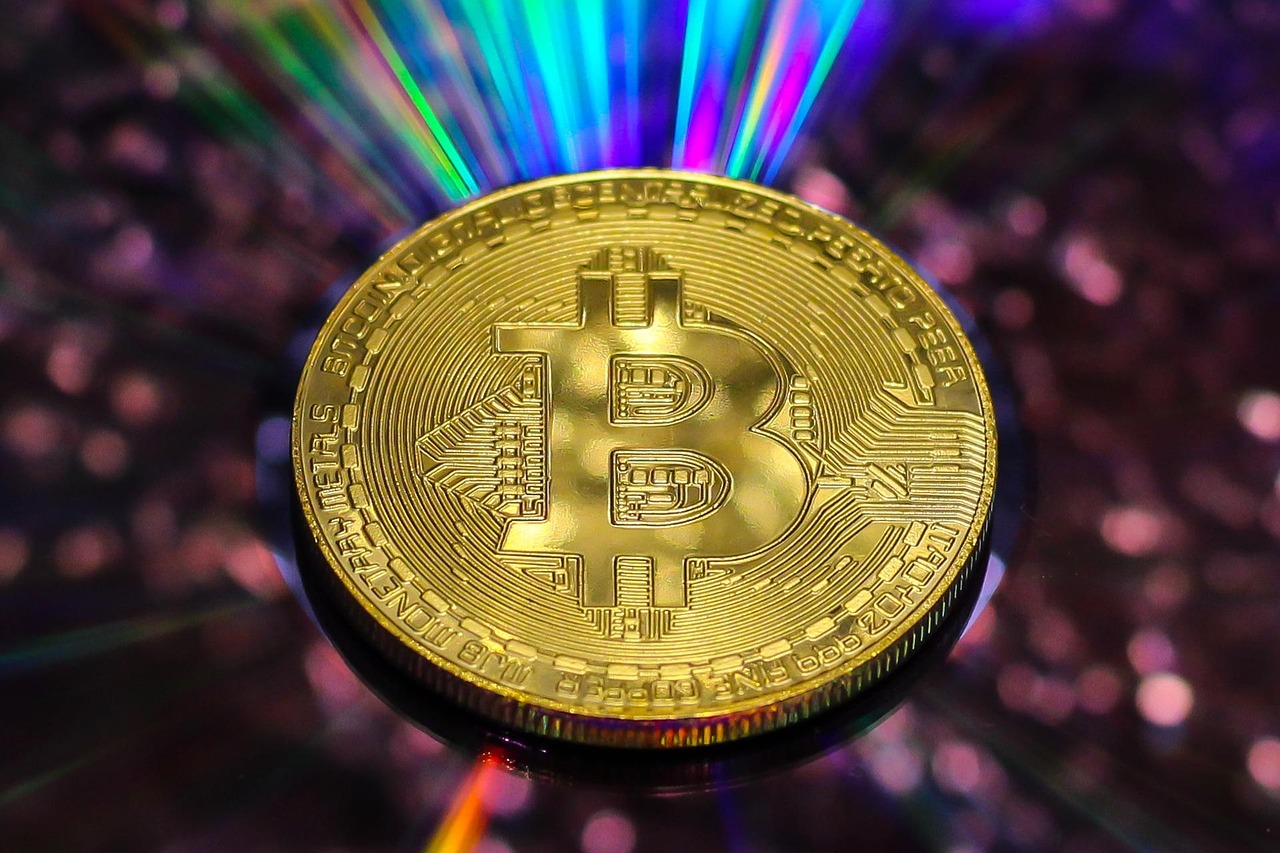






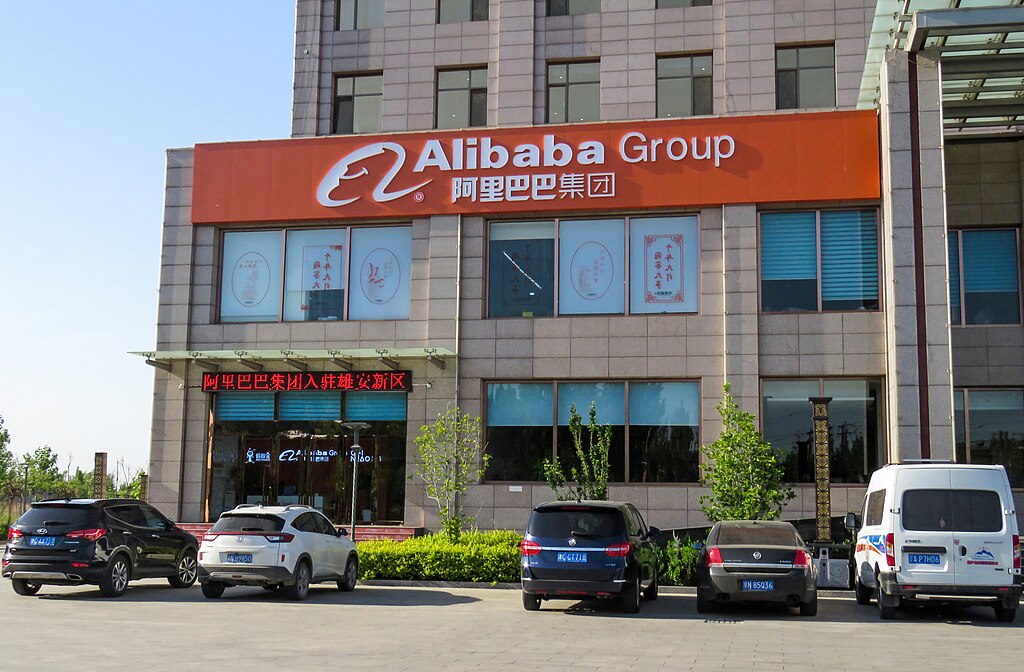
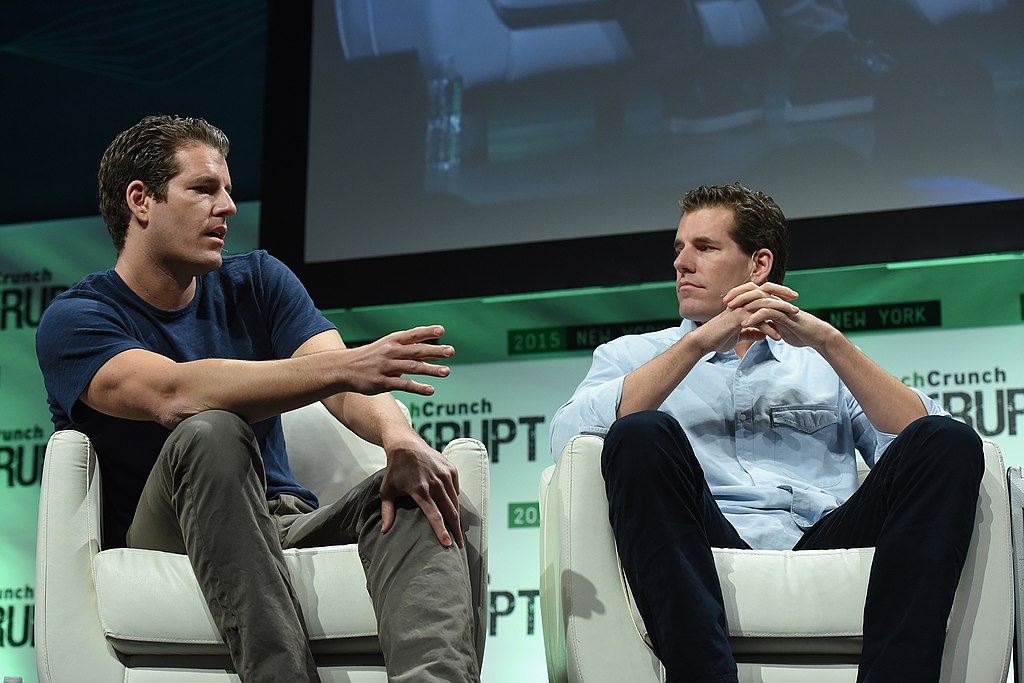
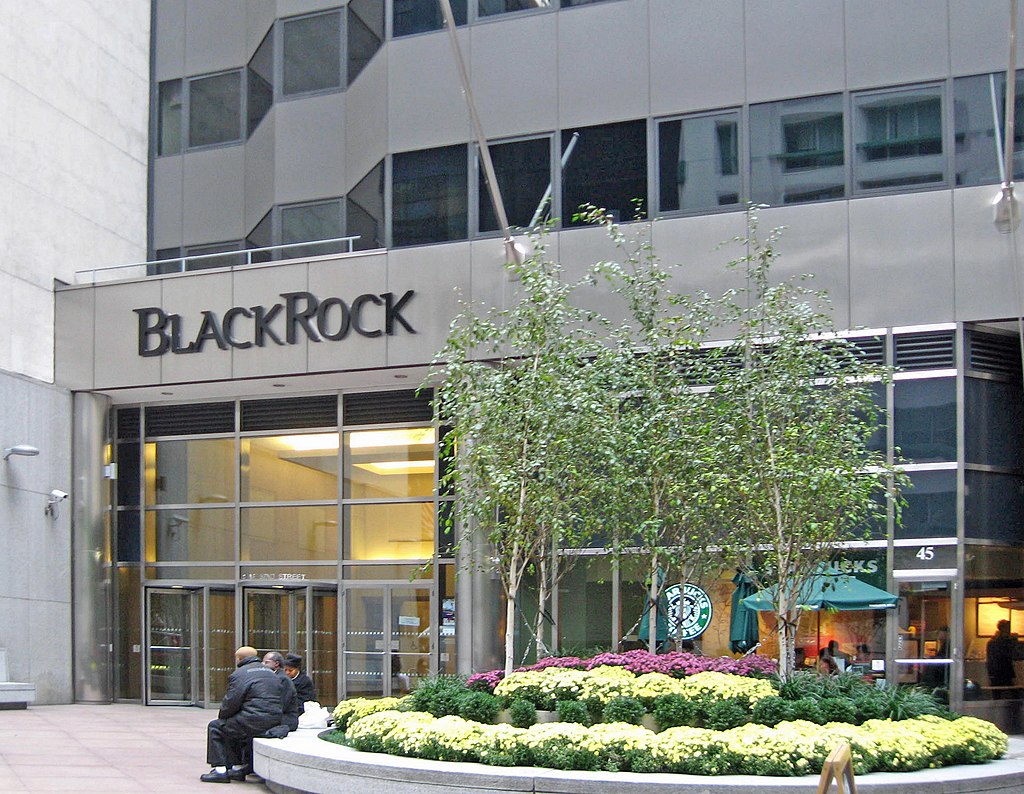



Comment 0